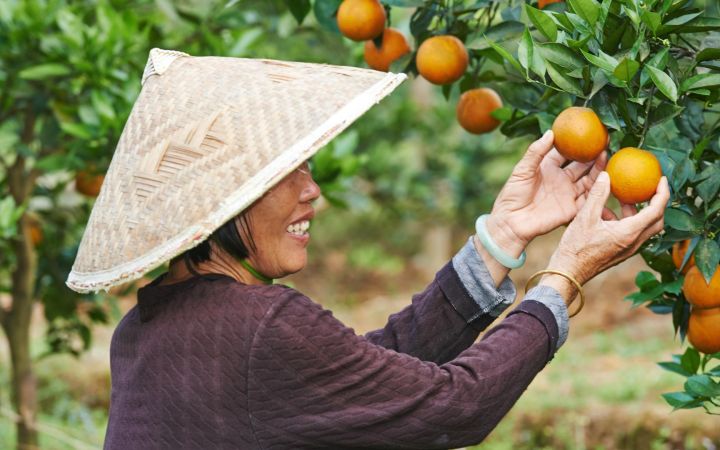Australians celebrating Raksha Bandhan this year are being asked to make sure family and friends are aware of Australia’s biosecurity requirements before sending gifts and delicacies.
Head of Biosecurity at the Department of Agriculture, Water and the Environment Andrew Tongue said Raksha Bandhan gift givers should check Australia’s biosecurity conditions before mailing gifts to Australia.
“Certain gifts and delicacies, such as those made from plant or animal material, can pose a biosecurity risk to Australia and may not be permitted,” Mr Tongue said.
“Plant and animal products can carry pests and diseases that can threaten Australia’s agricultural industries and unique environment.
“For example, seeds that do not meet biosecurity requirements could establish in our environment as an invasive species or carry plant pathogens.
“If you are expecting to receive gifts from overseas, it is important to be aware of items that may not be permitted, and to share that information with your friends and families overseas.
“It is equally important to check biosecurity regulations when buying Raksha Bandhan gifts online.
“This means your gifts are more likely to arrive on time, as those carrying biosecurity risk items will be delayed, or they could be destroyed or exported back to the sender.
“We all have a role to play in keeping exotic pests and diseases out of Australia, to safeguard Australia’s valuable primary industries and the health of our plants and animals.”
For more information, visit awe.gov.au/rakhi.
Fast Facts:
- Raksha Bandhan is an annual tradition where sisters tie a thread (known as a rakhi) around their brother’s wrist for ritual protection, often combined with the brothers and sisters exchanging gifts and delicacies.
- This year, Raksha Bandhan falls on 22 August.
- Raksha Bandhan gifts and delicacies that may pose a risk and should not be sent include:
- Rakhi threads made with seeds or flowers – seeds are the most confiscated item at Australian mail centres
- traditional Indian sweets (mithai) that contain milk, such as barfi, mysore pak, gulab jamun, rasgulla, pedas or soan-papdi
- grains and dried fruits.
- Alternative gifts that are permitted include cotton Rakhi threads with plastic, fabric, gold or silver beads, gold or silver coins, personalised photo items, and artificial flowers.








